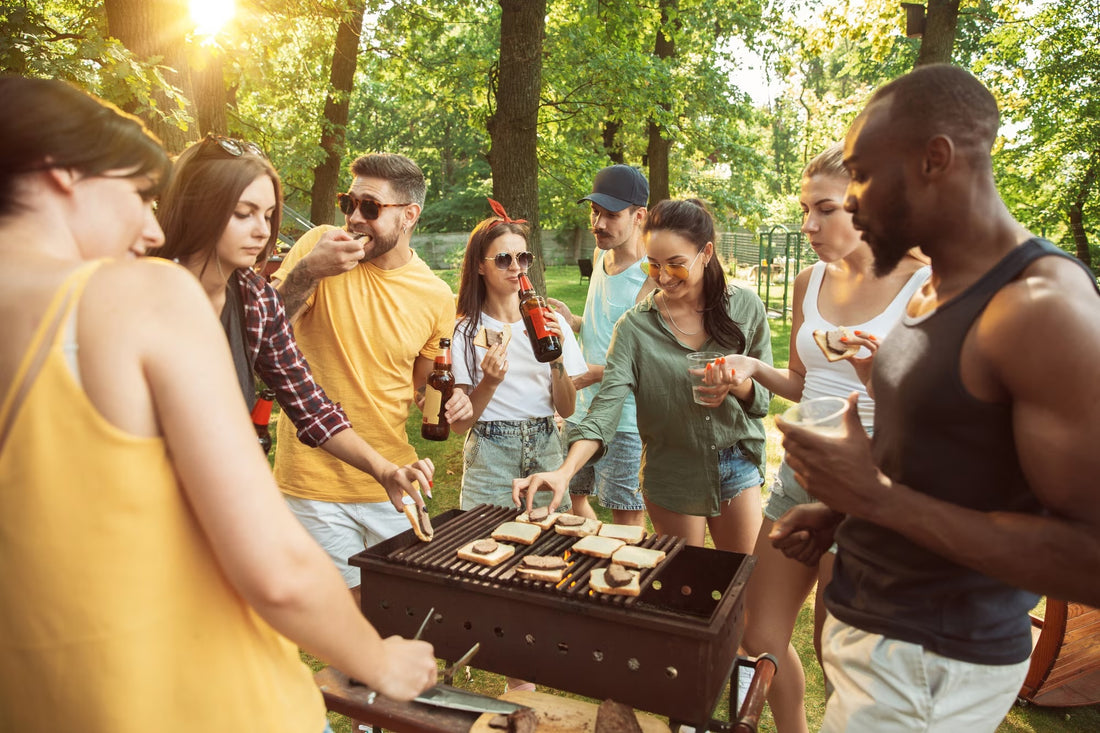As we are heading into the Holiday weekend, we wanted to talk to you about something that might be of interest to you if you're trying to lose weight: the effects of alcohol on fat metabolism, specifically when it comes to using GLP-1 medications in a calorie deficit.
First things first, let's define our terms. GLP-1 (glucagon-like peptide-1) medications are a type of drug that helps regulate blood sugar levels by mimicking the action of a natural hormone in the body. They're commonly used to treat type 2 diabetes, but they have also been proven to be incredibly effective in weight loss by helping people get into a calorie deficit.
Now, when you're in a calorie deficit (i.e., consuming fewer calories than your body burns), your body is supposed to use stored fat for energy. But here's where alcohol comes in: it can actually interfere with this process.
Studies have shown that alcohol can blunt the effects of GLP-1 medications, which means they might not be as effective at promoting weight loss when you're drinking. In fact, one study found that people who drank alcohol regularly had lower levels of GLP-1 in-situ “in the body”, even if they were not on the medication for weight loss, which could explain why they weren't losing weight as quickly as their non-drinking counterparts.
But wait, there's more! Alcohol can also affect your body's ability to burn fat for energy. When you drink, your liver starts to break down the alcohol into sugar, which causes a release of insulin from the pancreas. Insulin tells the body to store rather than to burn fat from excess calories. Finally, the liver will divert some of the enzyme pathways that were burning fat for energy to process the alcohol instead. This can lead to a slower metabolism, which can make it harder to lose weight.
So, what can you do about it? Well, the obvious answer is to cut back on the booze if you're trying to lose weight. But moderation is key. We understand sometimes it's hard to resist that glass of wine after a long day or in this case on a holiday weekend. Here are a few tips to help you balance alcohol with your weight loss goals:
1. Drink in moderation: This means no more than one drink per day for women and two drinks per day for men. And by "drink," we mean a 12-ounce beer, a 5-ounce glass of wine, or a 1.5-ounce shot of hard liquor.
2. Choose lower-calorie drinks: Opt for drinks with fewer calories, like spirits with soda water or low-calorie beer.
3. Eat before or after drinking: Having food in your stomach can help slow down the absorption of alcohol, which can help minimize its effects on fat metabolism and insulin.
4. Consider alternatives such as “mocktails” , meaning beverages that are designed to taste like alcohol alcoholic beverages, but in fact contain no alcohol and very little sugar.
In conclusion, alcohol can have a pretty big impact on fat metabolism when you're trying to lose weight. But don't freak out – just be mindful of your drinking habits and try to balance them with your weight loss goals. And hey, if you slip up and have a few too many drinks, don't beat yourself up over it. Just get back on track and keep moving forward. Happy weight loss journey!

